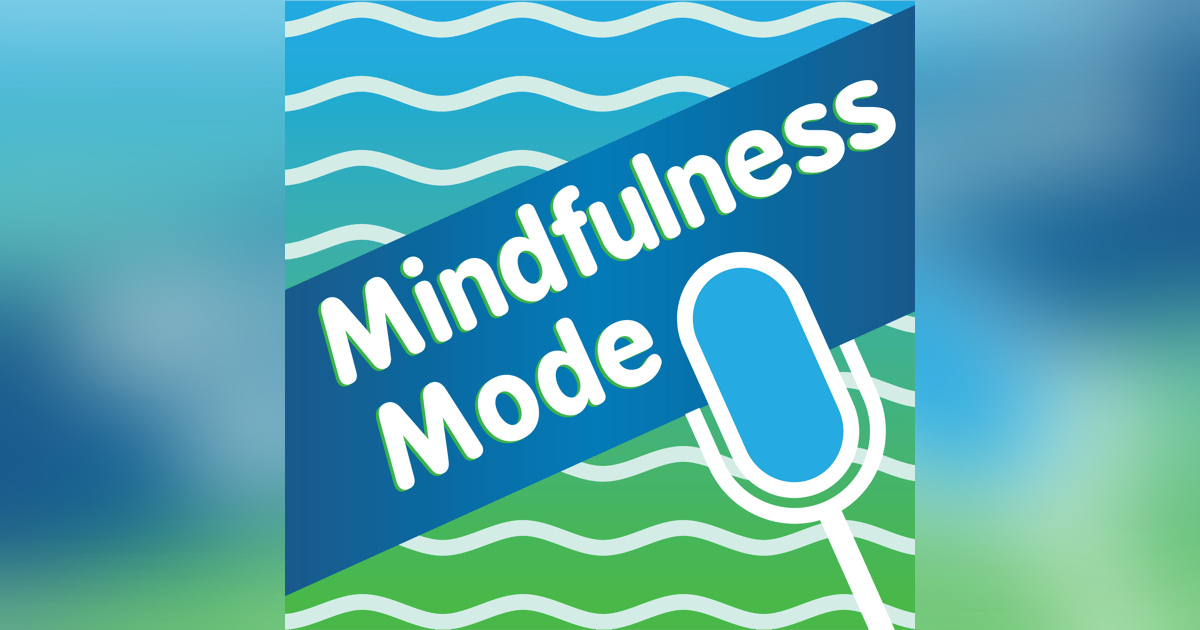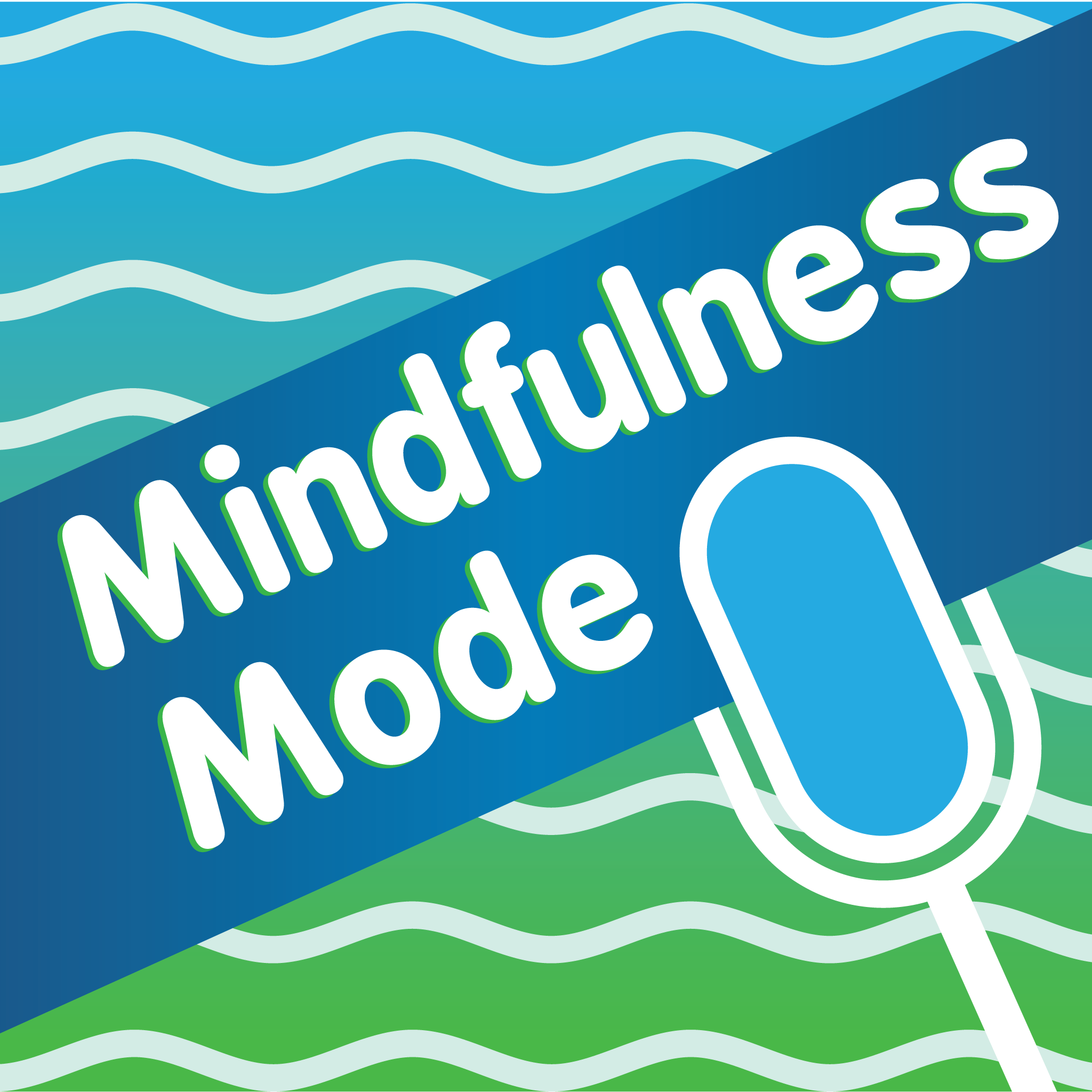Journaling For Personal Therapy


If you’ve listened to any of my solo episodes before, you’ve heard me say that journaling and writing is therapeutic. It helps you become clear in your goals and figure out how to achieve them. Scientists have done research on this topic and believe it is more
effective to use pen and paper than it is to type your thoughts on a computer keyboard. There's a connection between the brain and the pen when we write our thoughts down on paper. Sometimes it can be challenging to get started, so many people give up because they don't know how to begin if they don't know where or what to write about. Here are some suggestions. Find a comfortable place to do your writing, give yourself the time to do it, and begin by taking three deep breaths. Then simply write down the first thing that comes into your mind.
When I was a kid I used to keep a diary. My dad liked to write and he would write entries in his journal every day. He was a farmer, so he was particularly interested in the weather. It truly mattered in his work so as a result he became an expert at reading the sky. He was particularly intrigued by what he could learn from the sunsets. He was usually sleeping when the sun came up because he wasn’t an early riser, but he loved to watch the sun go down.
When he retired and moved to town, he bought a home with windows that faced west and there was an open view to watch the sun go down every night. Then he’d write in his diary about he thoughts and his take on the weather. I think this was therapy for my dad.
I remember spending time with Dad before he died 2 years ago. He was sitting in his chair exactly where he’d been sitting for hours. It was getting dark outside and he could see the sun going down over the horizon. The sky had gone from a vibrant red to a haunting dark grey. Now it was almost completely dark outside.
He suddenly heard something rattle in the other room. He was like my cat, Silver. He would startle easily. My mom walked into the room and we both realized she had rattled the silverware drawer in the kitchen, getting out a spoon to stir a drink she was bringing him.
Anyway, I’m sure my dad is the reason I like to write so much. It’s therapy for me too.
I’ve put together five easy steps for getting started with journaling or writing.
1/ Start With A Pen or PencilWhen I was younger I used to draw and colour and just live in the moment with this hobby. As a kid I had a lot of coloring books and I took great pride in finishing a coloring page. My pens, pencils and markers were some of my most important possessions. I suggest you find a special pen that you truly like, one that feels perfect in your hand.
2/ Write The Date
Open your journal and write the date on the top of the page. Do you have a special journal? If you don’t, you’ll find lots on Amazon or in a store that carries that sort of thing. Make sure to always keep your journal in a special place so you never have to wonder where you’ve left it. Your journal will become a special possession.
3/ Think GratitudeWrite three things you're grateful for today. Don’t over think it. Just write the first thing that comes into your mind, even if it seems trivial, or painfully obvious. Turning your mind to gratitude is a great way to make your journaling time special and a positive experience.
4/ Uncomfortable ThoughtsTry writing about something that makes you uncomfortable. This is usually an easy way to get the words flowing. These can be thoughts, feelings, or memories. It’s often simple to think of things that are irritating. It will get you started and then you can switch over to something more positive like my next point.
5/ Five Goals
Write out five goals for this week that will make you happy when they're achieved. Don’t put unnecessary pressure on yourself. Choose goals that you will definitely enjoy achieving, even if you automatically do them every day. The purpose here is not to make you feel stressed, but to build your writing confidence. It’s important to enjoy the process.
Dr. James W. Pennebaker says that “The act of not discussing or confiding the event with another may be more damaging than having experienced the event in the first place.”
Here’s what I encourage you to do. Over the next five days, I want you to write about your deepest emotions and thoughts about the most upsetting experience in your life. Really let go and explore your feelings and thoughts about it. In your writing, you might tie this experience to your childhood, your relationship with your parents, people you have loved or love now or even your career. How is this experience related to who you would like to become, who you have been in the past, or who you are now?
After doing this for five days, I bet you’ll be surprised how your perspective on life has changed. Email me at bruce@mindfulnessmode.com and let me know how this journaling activity worked for you.
There are other benefits of journaling that I haven’t mentioned. Writing down a series of events can help you remember something important. If you’re anything like me, I usually think, oh, I’ll remember this thing that happened, and then a day later I’m struggling to remember the details. Just write it down when it’s fresh in your mind. The act of writing it down will also help you relax. Your subconscious mind will know that you no longer have to remember all the details because you’ve recorded them.
There is one benefit that can be achieved through writing therapy which few people know about; healing from trauma. There is a study that found participants who wrote for 15 minutes four days in a row showed significant progress when compared with those doing other activities like watching TV or reading magazines (Smyth & Pennebaker)
Suggested Resources- Book: Book: Opening Up by Writing It Down, Third Edition: How Expressive Writing Improves Health and Eases Emotional Pain, by James Pennebaker and Joshua M. Smyth.
- Book:
- App: Insight Timer
-
097 Journaling Can Turn Our Adversity Into A Heightened State of Mindfulness; Kim Ades
-
144 Write of Your Life Using Mindfulness With Stacy Brookman
-
027 Nirmala: Be curious and discover who you are through mindfulness and meditation